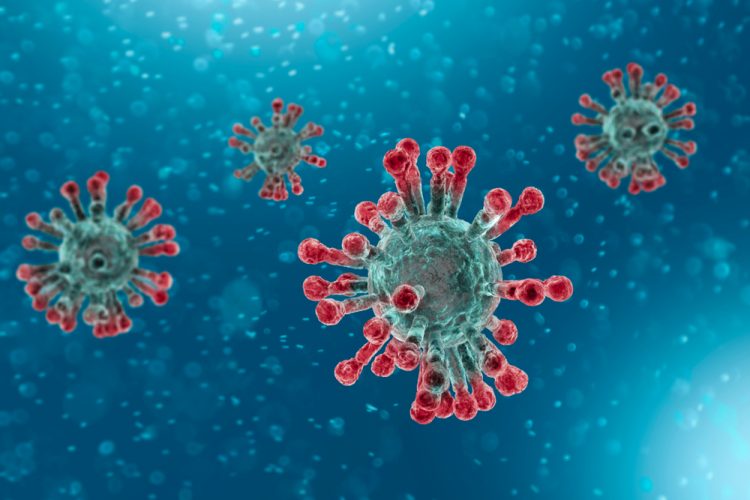Potential COVID-19 antivirals revealed in large-scale drug analysis
Posted: 5 July 2021 | Anna Begley (Drug Target Review) | No comments yet
Drug analysis at the Francis Crick Institute and University of Dundee has revealed 15 potential antivirals that could lead to new COVID-19 treatments.


Researchers at the Francis Crick Institute and the University of Dundee, both UK, have screened around 5,000 molecules, identifying a range of potential COVID-19 antivirals that could be developed into new treatments or in preparation for future coronavirus outbreaks.
The researchers developed and ran tests using molecules provided by the Crick’s high-throughput screening team to reveal leads that effectively blocked the functioning of any of seven SARS-CoV-2 enzymes. They identified 15 molecules that inhibited the growth of SARS-CoV-2 by blocking different enzymes involved in its replication.
The tests were based on fluorescent changes with a special imaging tool detecting if the enzymes had been affected. The researchers then validated and tested the potential inhibitors against SARS-CoV-2 in the lab to determine if they had effectively slowed viral growth. They found at least one inhibitor for all seven enzymes.
Three of the identified molecules are existing drugs used to treat other diseases. Lomeguatrib is used to treat melanoma, suramin is a treatment for African sleeping sickness and river blindness and trifluperidol is used in cases of mania and schizophrenia. As there is existing safety data on these drugs, they could be developed into SARS-CoV-2 antivirals rapidly.
John Diffley, lead author of the papers and associate research director and head of the Chromosome Replication Laboratory at the Crick, stated: “We hope this attracts attention from scientists with the drug development and clinical expertise needed to test these further and ultimately see if any could become safe and effective treatments for COVID-19 patients.”
The 15 molecules were also tested in combination with remdesivir, an antiviral currently being used to treat COVID-19 patients. Four of these, all of which target the SARS-CoV-2 enzyme Nsp14 mRNA Cap methyltransferase, were found to improve the effectiveness of this antiviral in lab tests.
The researchers are now planning to test if any pairing of the 15 molecules decreases the virus’ growth more than if they are used alone. According to the researchers, targeting enzymes involved in virus replication could help prepare for future viral pandemics.
“If we can develop drugs that inhibit these proteins, in the situation of a future pandemic, they could provide a valuable first line of defence, before vaccines become available,” concluded Diffley.
The research was published in a series of seven papers in Biochemical Journal.
Related topics
Analysis, Drug Discovery, Drug repurposing, High Throughput Screening (HTS), Screening, Small Molecules
Related conditions
Covid-19
Related organisations
The Francis Crick Institute, University of Dundee
Related people
John Diffley


